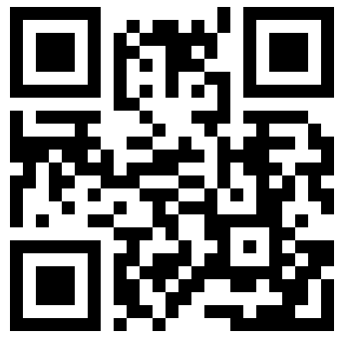Phone
+86 18630938527
With the continuous development of technology, various advanced medical devices are continuously applied in clinical practice, providing doctors with more accurate and convenient tools to diagnose and treat diseases. Ultrasonic scanners, as a commonly used medical device, have unique advantages and have gradually gained attention in the field of neurology in recent years. This article will explore the application prospects of ultrasound scanners in neurological diseases.
1、 The working principle and advantages of ultrasonic scanners
Ultrasonic scanner is a medical device that utilizes the characteristics of ultrasound for imaging. It emits high-frequency ultrasound and receives echoes to obtain images of the inspected area, thereby assisting doctors in disease diagnosis and treatment. Compared to traditional CT scans or MRI, ultrasound scanners have the following advantages:
1. Non invasive: Ultrasonic scanners do not require the use of any radiation or injections, and are non-invasive, radiation free, and non-toxic to patients.
2. Real time: The process of ultrasound imaging can be observed in real time, and doctors can obtain real-time information about the patient's condition.
3. Low cost: Compared with other imaging devices, ultrasound scanners are relatively inexpensive and suitable for various medical institutions.
2、 Application of ultrasound scanner in different neurological diseases
1. Diagnosis of cerebrovascular diseases: Ultrasound scanners can evaluate the condition of cerebral blood vessels through ultrasound examination of neck and intracranial blood vessels, detect lesions such as arteriosclerosis, cerebral thrombosis, and hemangioma, providing important information for the early diagnosis of cerebrovascular diseases.
2. Evaluation of hydrocephalus: Ultrasound scanners can help doctors evaluate the degree and type of hydrocephalus by quantitatively measuring intracranial fluid, and guide the development of treatment plans.
3. Detection of peripheral neuropathy: Ultrasound scanners can perform non-invasive assessments of neuromuscular lesions, nerve root lesions, etc., helping doctors determine the location and severity of the lesions, and guiding treatment.
4. Assistance in neuronavigation surgery: Ultrasonic scanners can serve as auxiliary tools for neuronavigation surgery, helping doctors accurately locate and guide surgical instruments through real-time imaging, reducing surgical risks and trauma.
3、 Application prospects of ultrasound scanners in the field of neurology
The application prospects of ultrasound scanners in the field of neurology are broad. With the continuous innovation and development of ultrasound technology, future ultrasound scanners will play an important role in the following aspects:
1. High resolution imaging: Ultrasonic scanners can improve the resolution and accuracy of imaging by improving the probe and imaging algorithm, enabling doctors to observe the location and morphology of lesions more accurately.
2. Multimodal imaging: Ultrasound scanners can be combined with other imaging technologies such as CT and MRI to achieve multimodal imaging, thereby providing more comprehensive disease assessment and diagnosis.
3. Intelligent assisted diagnosis: With the introduction of artificial intelligence algorithms, ultrasound scanners can automatically analyze and recognize lesion features in images, providing doctors with automated assisted diagnosis and treatment recommendations.
4. Remote consultation: With the help of internet technology, doctors can upload ultrasound images to the cloud, achieving remote consultation and providing more convenient and accurate medical services for patients worldwide.
Conclusion:
Ultrasound scanners have important application prospects in neurological diseases. With the continuous innovation and development of technology, the resolution and accuracy of ultrasound imaging in the field of neurology will continue to improve, and intelligent assisted diagnosis and treatment will become possible. We have reason to believe that ultrasound scanners will bring more help and inspiration for the diagnosis and treatment of neurology patients.
If you have any questions, please contact us!
CONTACT US

